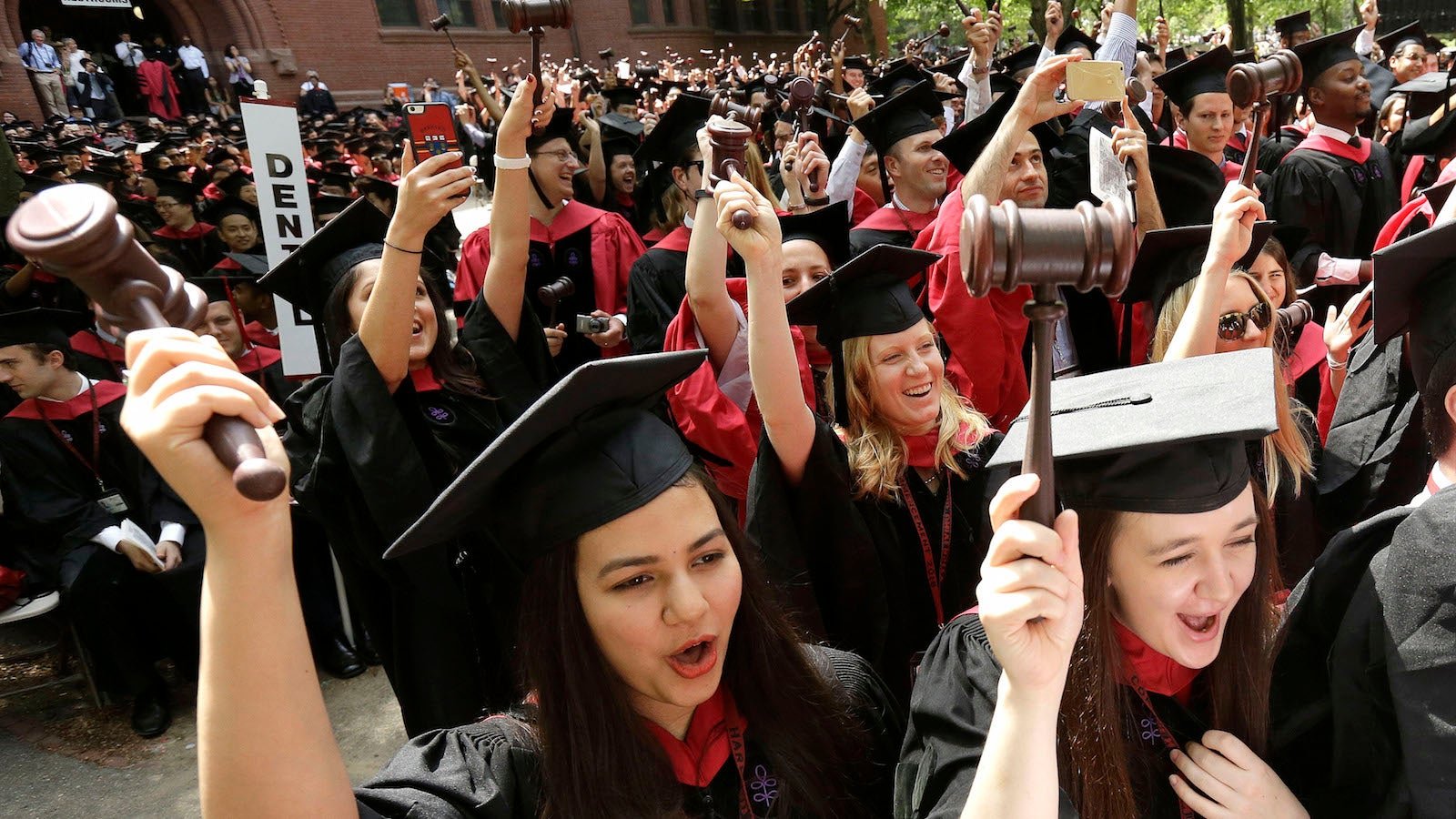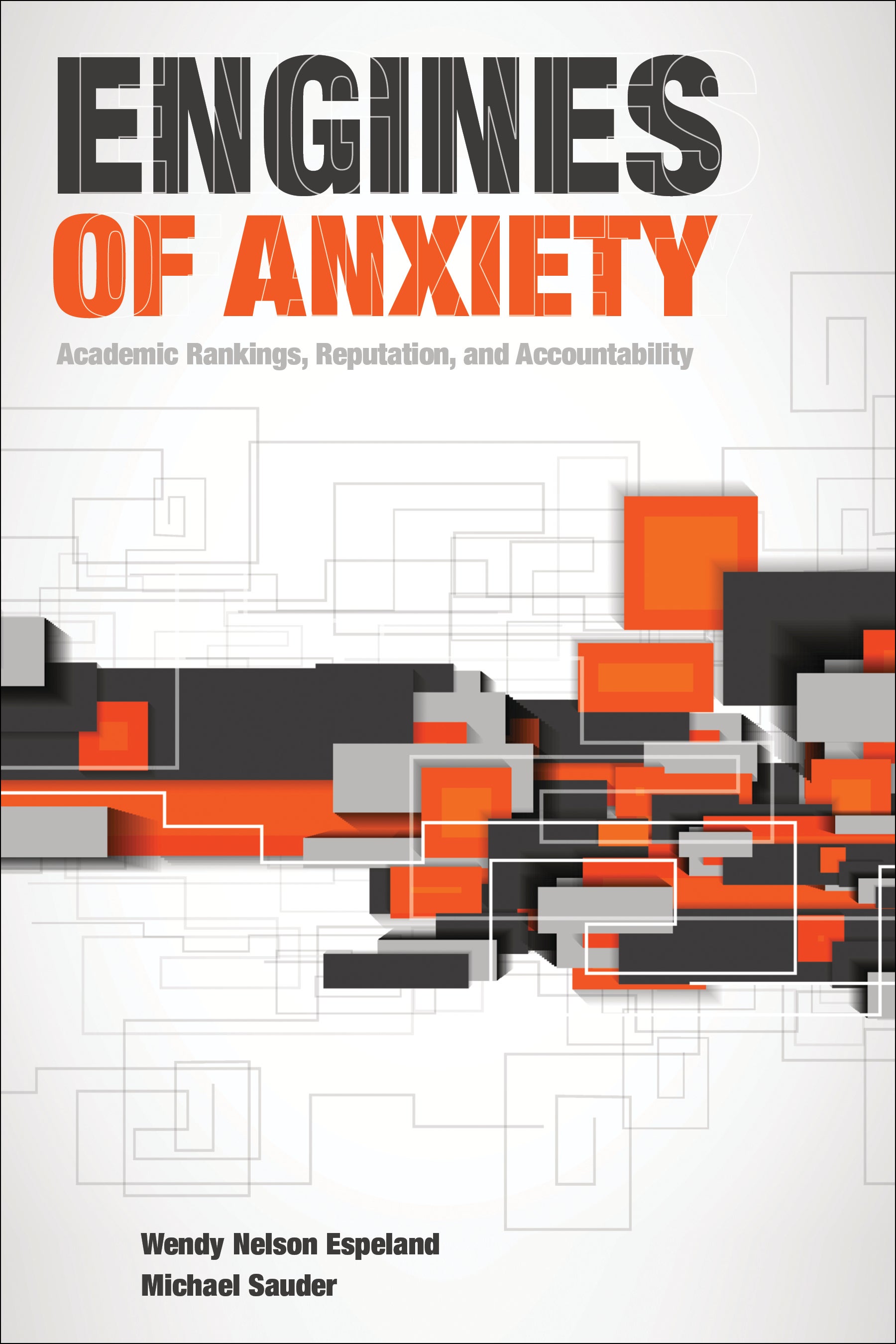How rankings hurt law schools—and their students
On US News and World Report’s annual ranking of law schools across the country, the University of Virginia School of Law clocks in at a solid #8. Second-year law student Maggie Cleary likely wouldn’t have applied if it didn’t.


On US News and World Report’s annual ranking of law schools across the country, the University of Virginia School of Law clocks in at a solid #8. Second-year law student Maggie Cleary likely wouldn’t have applied if it didn’t.
“Rankings are kind of all that matters when it comes to law school,” Cleary, who enrolled at UVA straight out of college, explains matter-of-factly. ”It factors into everyone’s decision. If you want to work at a big law firm, especially—it’s really, really important to cover your bases and go to a higher-ranked school.”
That’s not a singular opinion. Cleary’s view echoes through the halls of law schools everywhere. To applicants, the rankings decide the quality of a school; to firms, they designate the caliber of every graduate. American law schools and their students—not to mention employers—have developed an eerie dependence on the US News rankings, which, in the legal world, are a sort of gold standard.
And the dangers of a reliance on a set of numbers are both obvious and not. Sociologists Wendy Espeland and Michael Sauder, professors at Northwestern University and the University of Iowa, respectively, and the authors of a forthcoming book on the subject titled Engines of Anxiety, interviewed more than 200 law-school leaders, many of whom openly admit trying to game the rankings.

“Some law school deans talked to us about how rankings put pressure on them to make decisions they thought weren’t best for their schools—like putting money into marketing to try and raise their reputation, when it was money they could have used for scholarships, or new programs, or extra faculty members,” Sauder says. “They feel pressure to respond to the rankings, even when it’s against their personal judgment.”
“And then there’s placement statistics, which are part of the rankings formula,” Espeland says. “Career services departments spend an enormous amount of money tracking graduates’ employment status, instead of spending that money on contacting employers and helping students prepare for the market.”
Sauder says, in any case, those numbers are not always very accurate. People in career services were sometimes fired if they didn’t produce the desired numbers.
Espeland compares the law-school rankings with undergraduate college rankings, saying that while college rankings are broken up into different kinds of schools, and in the case of business schools there are multiple rankings to look at, for law schools, there’s just one ranking.
“There’s one formula,” she says. “One definition of excellence that gets applied to all schools. And if a school has, for example, a distinctive mission that doesn’t conform to rankings formulas, it can be punished.”
Yale Law School, ranked #1 in the country by US News, this year published a note on its website calling the publication’s rankings a “convoluted” measurement of both schools and their graduates. Yet most institutions continue to place unhealthy weight on how they fare in the rankings, and that status is also given an outsized amount of attention. It is a cycle that will require a certain amount of self-awareness from the legal community, and also self-motivation on schools’ part, to break.
“I think the rankings are here to stay,” Sauder concludes. ”I was surprised about how pervasive they were throughout the law school hierarchy. But we might want to think about ways to soften the effects of rankings,” such as by creating more ways of assessing schools.
In Cleary’s experience, students at higher-ranked schools tend to get better job offers than others—even if their academic standing is merely average. To many people on both the outside and inside of law schools, reputation matters more than anything else, and rankings are both a cause and manifestation of that.
“Honestly, part of it is that lawyers like things to be very clear-cut,” Cleary says. She pauses, then adds, ”Which is funny, because law school is always about the answer being ‘it depends’.”